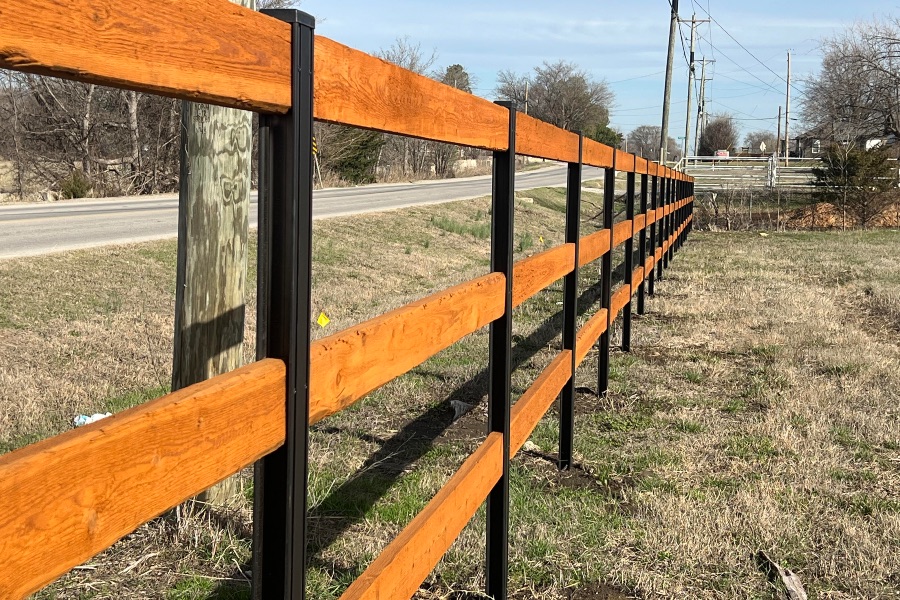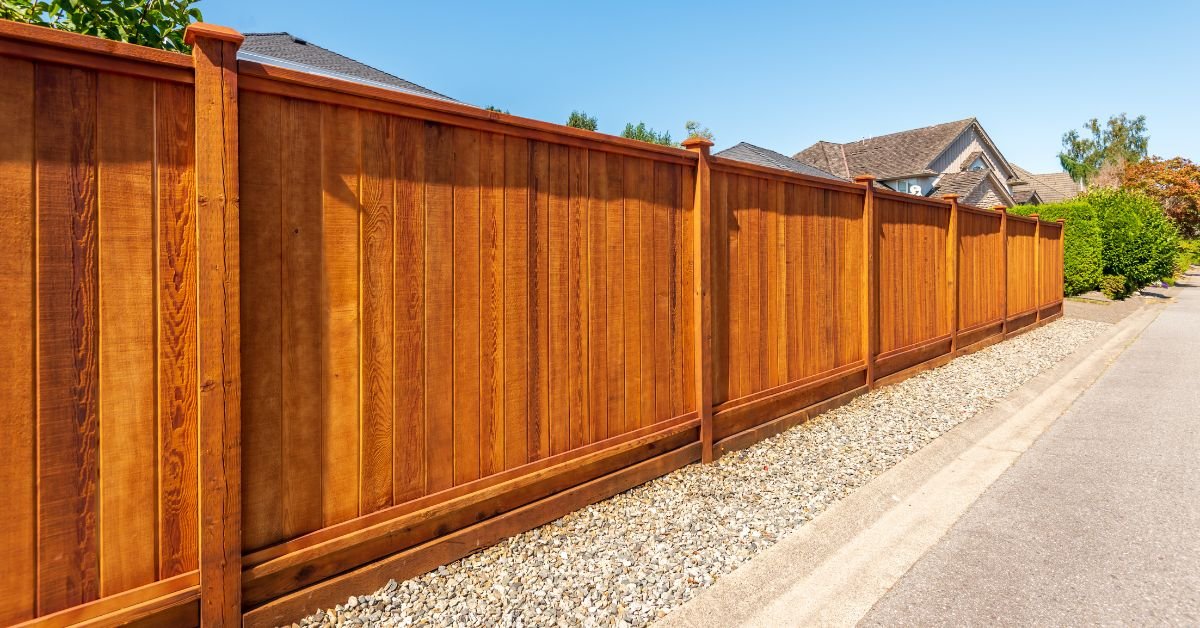All Categories
Featured

When preparing to mount a fencing around your home, one of the initial steps is comprehending the allowing requirements in your area. Below's what you need to recognize about getting the necessary licenses for your fence installment.
Why Do You Need a Permit for a Fencing? An authorization is commonly needed for fence setups to ensure compliance with local building codes, zoning laws, and security regulations. Permitting helps local authorities maintain uniformity in community visual appeals, safety, and environmental factors to consider. It additionally makes certain that the fence does not interfere with energy lines or public rooms, which it complies with height and border limitations.

Common Licenses Needed for Fencing Setup. Building License. A lot of locations require a structure license for fence installment, specifically if the fence goes beyond a specific elevation (normally over 6 feet) or is made from non-standard materials. This license ensures that your fencing complies with neighborhood building codes. In some areas, the building division will certainly examine the website to guarantee that the fence fulfills security and structural requirements.
Zoning Authorization. Zoning licenses are created to ensure that your fence follows neighborhood zoning regulations, consisting of problems from home lines, easements, and rights-of-way. Zoning laws vary from city to city, and sometimes, your fence might require to be established back a particular number of feet from the sidewalk or roadway. A zoning permit may also be required if your fence remains in a historical district or various other specifically marked areas.

Fence Permit. In some areas, a details "fence permit" may be called for. Some cities restrict chain-link fencings in front backyards or have certain guidelines for privacy fencings.
HOA Approval. You may require approval before installing a fencing if your home is part of a home owners organization (HOA) HOA guidelines typically consist of particular regulations about the type, elevation, shade, and products for fences to preserve the community's aesthetics. HOA policies can be more stringent than city codes, so constantly examine their standards before moving ahead.
Easement or Energy Authorizations. If your fence will certainly be near or throughout an easement (such as an utility easement), you might need to get consent from the energy business or other entities that manage the land. This is specifically important if you plan to dig for fencing blog posts, as it guarantees you won't harm underground energies like water, gas, or power lines.
Exactly How to Figure Out What Allows Are Called for. The finest way to identify which permits are needed for your fencing setup is to contact your local building department or municipal workplace. They can give you with specific information regarding needs in your location. Right here are a few actions you can require to learn:
Inspect the City or Region Internet site: Many city governments provide info concerning fence setup permits online. Try to find building or zoning sections on their web site. Call or Go To City Government Offices: If the info is not conveniently offered online, calling or checking out the neighborhood workplace face to face can clarify what's required. Speak With an Expert Professional: If you're overwhelmed or uncertain by the process, a regional professional or fencing installation company can help in navigating the permitting procedure, as they're familiar with local regulations. What Happens If You Do Not Obtain an Authorization? Falling short to get the required authorizations can result in a variety of consequences. In numerous locations, you could face penalties, and your fence could be gotten to be removed. Furthermore, if you sell your property in the future, the absence of correct authorizations can be a warning for purchasers and impact the sale. Allowing ensures that your fence is compliant and aids prevent future difficulties.
Verdict. Prior to mounting a fencing around your building, it's important to examine whether a license is called for in your area. Structure licenses, zoning permits, HOA approval, and utility authorizations may all contribute in your fencing installation process. Making the effort to research study and get the required authorizations will certainly not just ensure that you're adhering to neighborhood laws, however likewise help secure your investment and maintain the honesty of your residential or commercial property.
Latest Posts
Modern Washroom Solutions for each Detroit Home
Published Apr 21, 25
1 min read
Transform Your Home with High Quality Floor Covering Solutions
Published Apr 21, 25
1 min read
Want a Tire Replacement Locally? Come to Car-X St. Louis for Fast Service
Published Apr 21, 25
1 min read